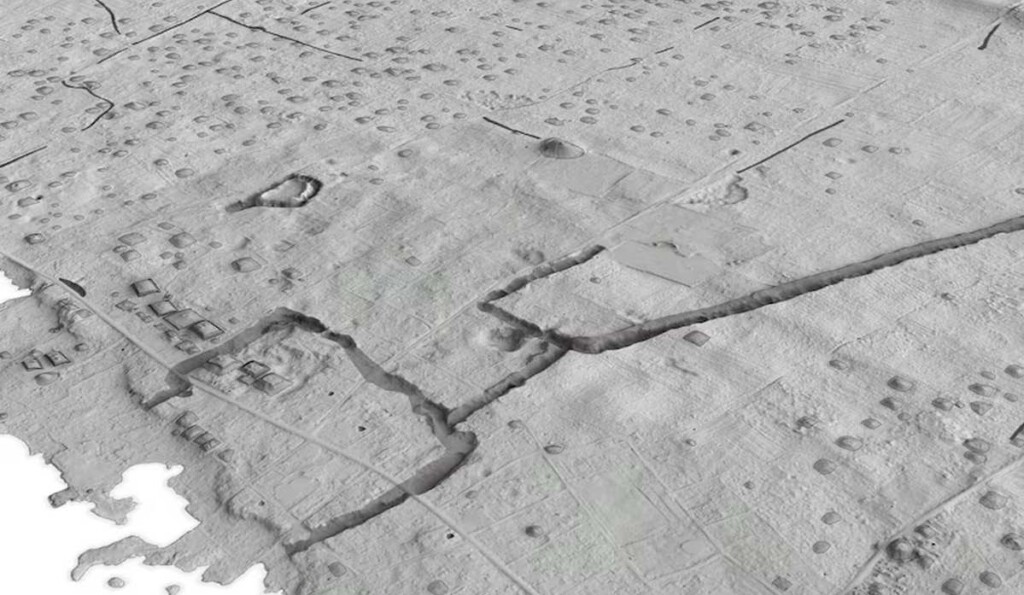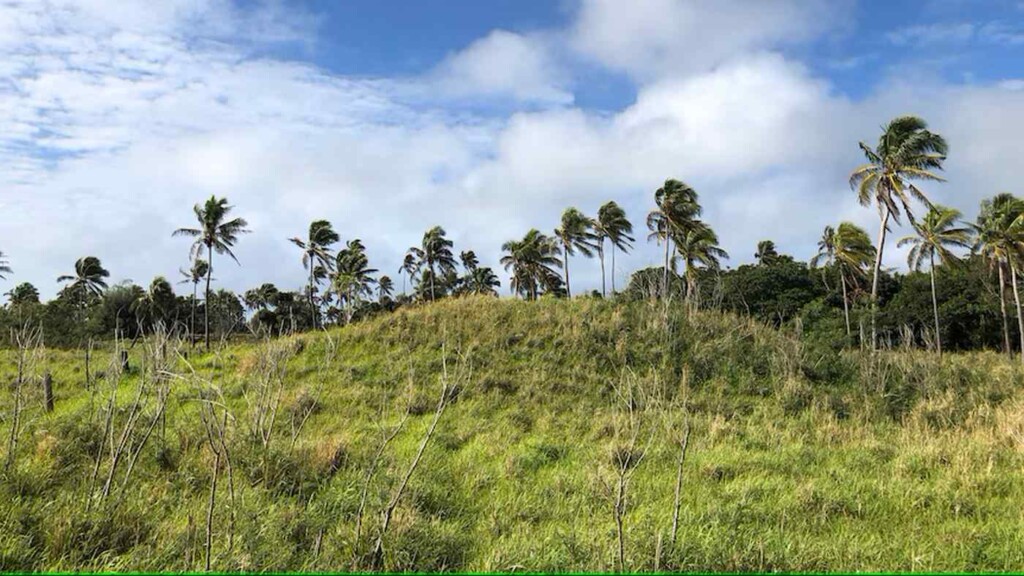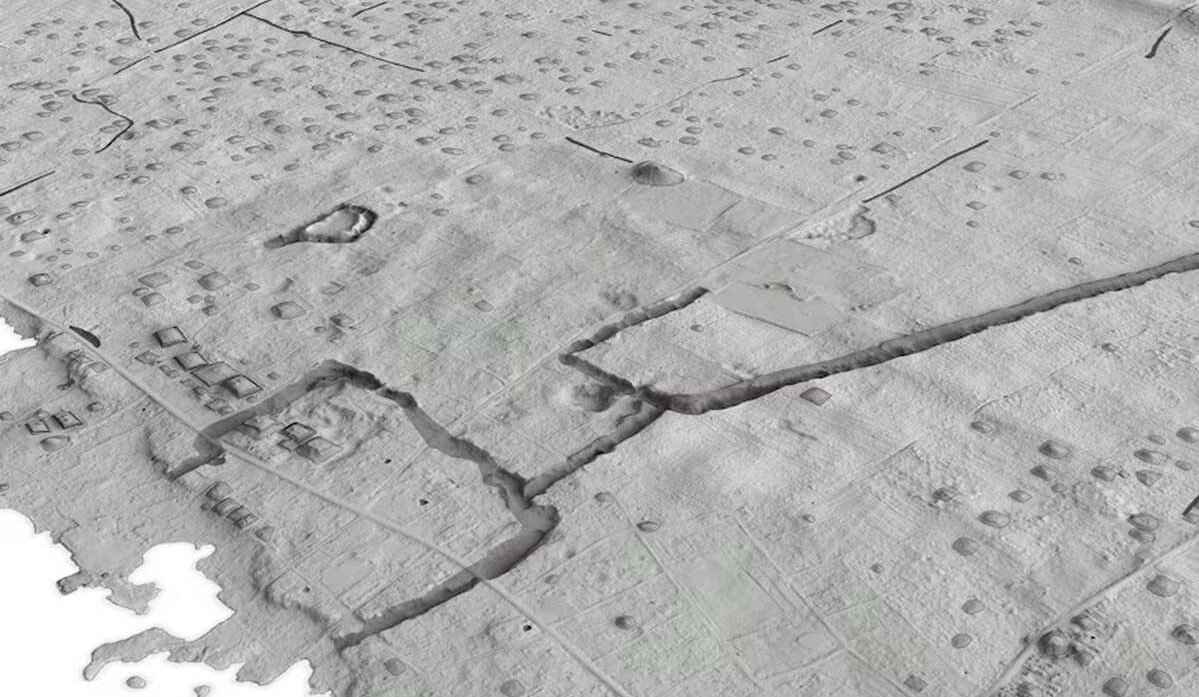
A monumental discovery has been made on the island nation of Tonga, where the footprint of a large urban civilization from centuries past was uncovered using cutting-edge laser technology.
Consisting of almost 10,000 earthen mounds that today are hardly noticeable, it could be one of the first cities ever constructed in the Pacific.
With the introduction of aerial laser surveying, we’ve discovered that South and Central America could support urban centers with millions of inhabitants—more than anything archaeologists and historians thought possible 15 to 20 years ago.
That sort of urbanization seems even less likely on tropical archipelagos like Tonga, but there they are, just 12 kilometres from the current capital Nuku’alofa, in the eastern district of Tongatapu.
“Earth structures were being constructed in Tongatapu around AD 300. This is 700 years earlier than previously thought,” study author and Ph.D. scholar Phillip Parton at the Australian National University, told ABC News Down Under.
“As settlements grew, they had to come up with new ways of supporting that growing population. This kind of setup—what we call low-density urbanization—sets in motion huge social and economic change,” he added.

Insights into population centers in the Southern Hemisphere during the European Middle Ages are changing archaeologists’ understanding of the concept of urbanism. One tends, Mr. Parton argues, to imagine compact European cities from this time period—with windy cobblestone alleys and multi-tiered housing.
BE SURE TO CHECK OUT: Almost 500 New Mesoamerican Structures Discovered By Using Lasers
This is different kind of urbanism, one which may have been a template that spread across Oceania, and which may not be the only one of its kind out there.
“I’m sure that should my colleagues choose to pursue that, this won’t be the only example of a city to be found in the Pacific. I’m sure there’s plenty waiting for us,” Mr. Parton told Pacific Beat.
MORE OF THIS SORT OF ARCHEOLOGY: Hundreds of Mayan Cities and Towns with Ball Courts and Roads Discovered in LiDAR Survey in Guatemala
Mound building is typical of traditional urbanism across the Americas, and in areas where quarryable stone is lacking, soil tends to be the prefered building material.
Whether each of the mounds represents a dwelling, or whether a dwelling was built on top of a series of mounds to elevate the floor off the ground, Parton’s work didn’t extend so far as to inform us.
SHARE This Breakthrough Discovery Of Ancient History In The Pacific…




















